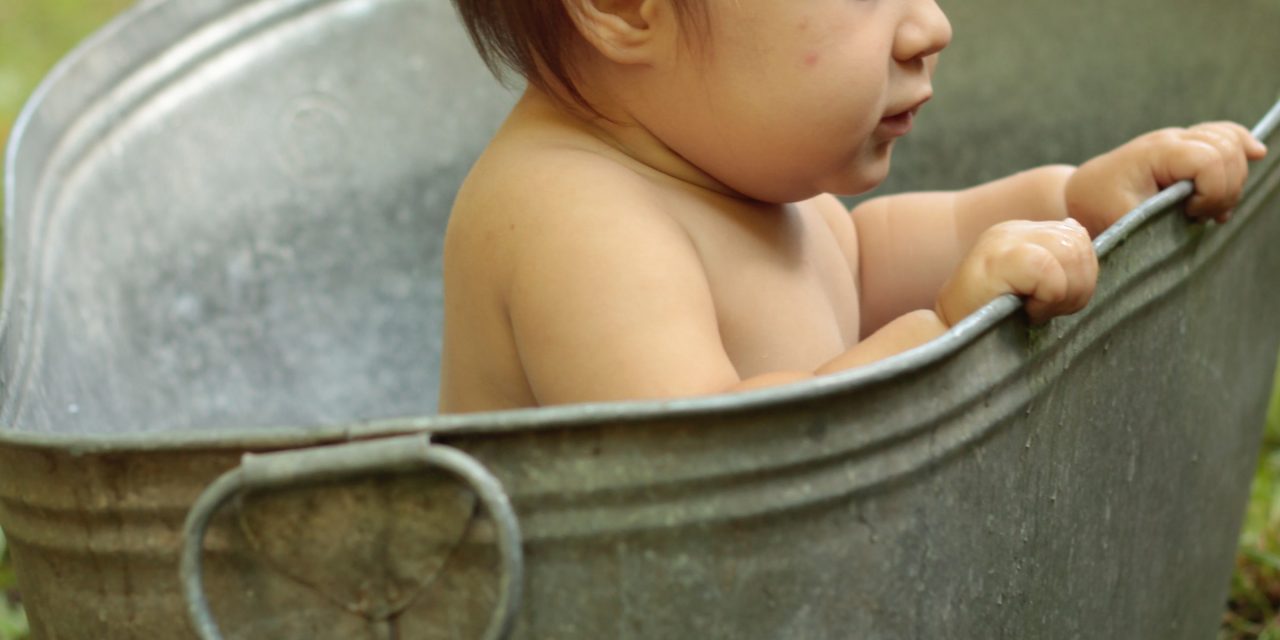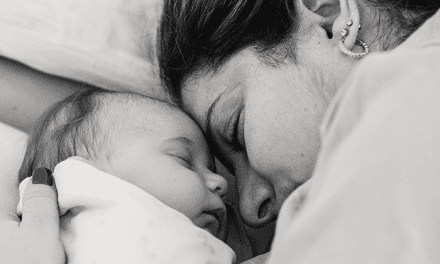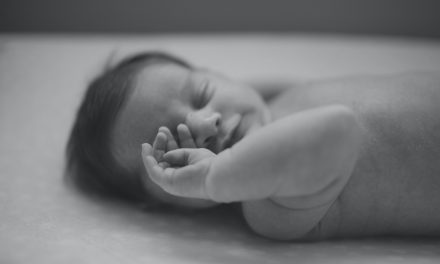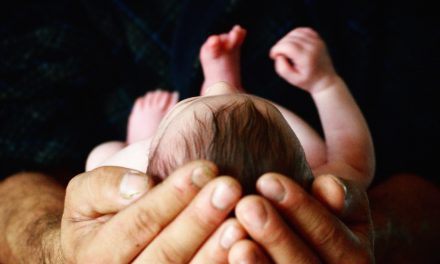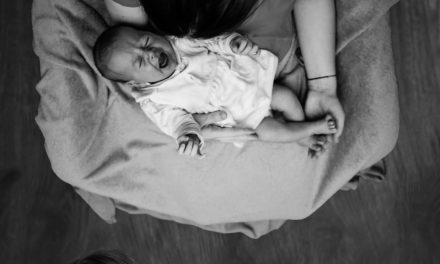Your baby’s immune system is still in a vulnerable state after birth. It is still susceptible to many viruses, diseases, infections, and that’s why it’s important to give the utmost care during those formative years. Chickenpox in babies is one such virus that can cause inconvenience to the baby as well as to the parents especially if proper care is not taken. Keep reading the article to find out what are the causes of chickenpox, and learn of some ways to prevent your child from contracting this virus.
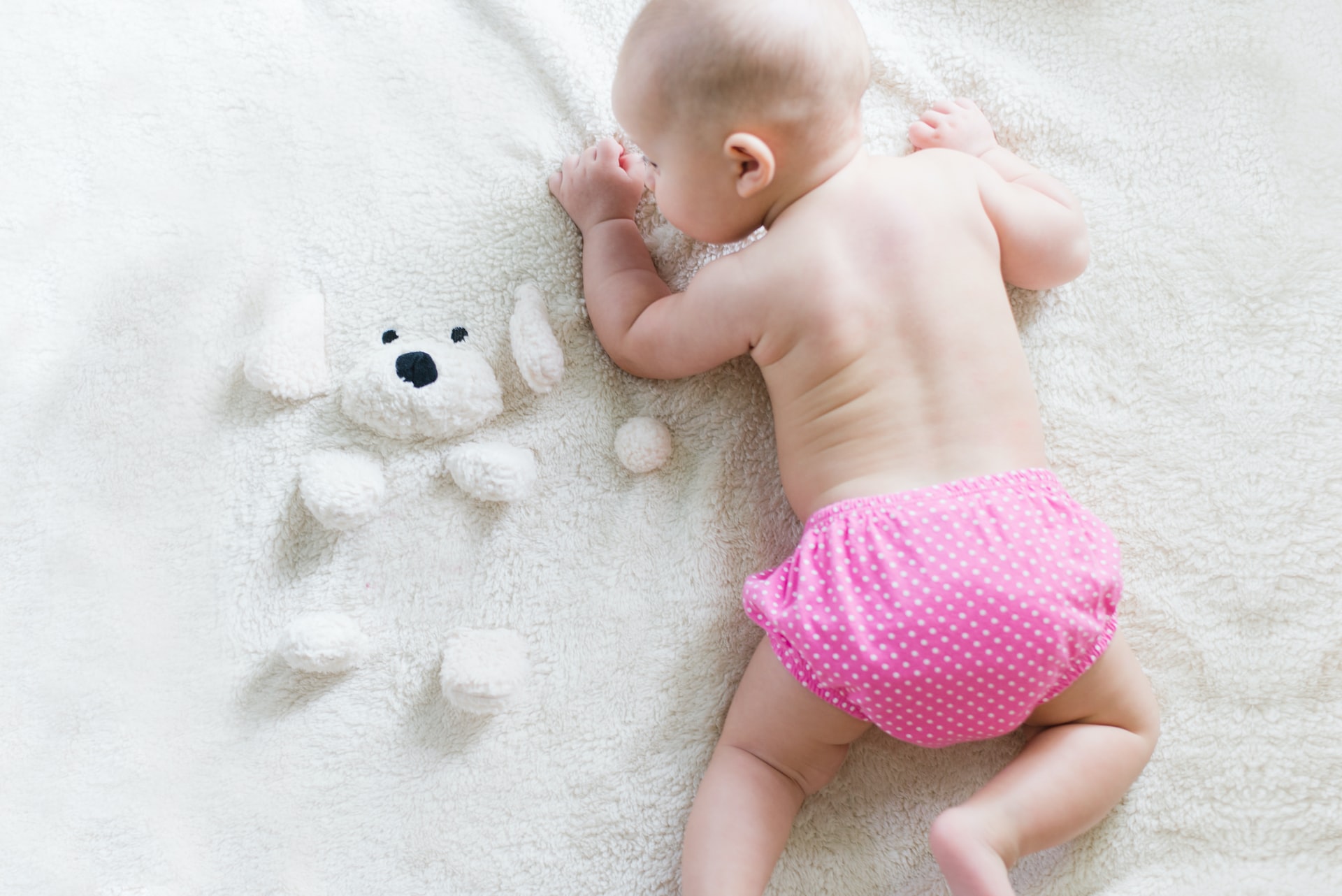
Chickenpox in babies usually clears on its own, but it’s best to reach out to your pediatrician to know of some measures that you can take.
An Overview Of Chickenpox
Chickenpox, also known as varicella, is pretty distinguishable as you’ll notice your child having red rash-like itchy blisters spread across a certain area. They start from the chest, back, and face and later on spread to different parts of the body, including the eyelids, mouth, or genital area. Although common in children, a person of any age can get affected by this virus. However, you may confuse chickenpox with shingles and although they come from the same virus (varicella-zoster), they’re completely different illnesses.
Chickenpox clears on its own after some while, but if left unattended, the virus can lead to other health complications. This is especially the case with newborns since their immune system is still developing. But the good news is that you’re immune to the virus once you’ve contracted it. Very few cases have a person contracting it for the second time and that’s when the immune system is really weak. As mentioned before, one shouldn’t confuse shingles with chickenpox. The former is basically a reactivation of the chickenpox virus present in the nerve tissue.
How Contagious Is Chickenpox
Chickenpox is a highly contagious disease. Those potentially at higher risk are the ones who are unvaccinated or those who aren’t immune as the spread can be through mucus, saliva, or other bodily fluids of the infected person. That’s why babies who aren’t vaccinated should be kept far away from the infection. Pregnant women having chickenpox can even transfer the virus to their children, so that’s why utmost care has to be taken.
The virus lives in the person’s body for approximately 10-21 days before any obvious symptoms show up after exposure. As soon as any of the symptoms below show up, visit your pediatrician at the earliest.
Symptoms Of Chickenpox In Babies
After the 10-21 day period, you’ll notice your child having red, itchy, pimple-like outbreaks on its skin. They then develop into liquid-filled boils over 2 to 4 days. Once these boils break, the exposed wound then forms into brown scabs. It’s advised never to scratch them as doing so can set an even more serious infection into the system.
Here are some other symptoms you need to keep an eye out for as well:
- You’ll notice your child doesn’t feel as hungry as before. There’s a loss of appetite and you’ll see a change in eating habits as well.
- The baby’s sleep patterns will be unusual. The constant itching and pain don’t award you a good sleep.
- Fever (around 101°F to 103°F) usually happens before the outbreak of boils.
- Increased drowsiness
- Inconsolable crying
- More fatigue
However, newborns won’t show fever when they have chickenpox since their immune system doesn’t always respond to infections by raising the body temperature. Also, chickenpox doesn’t bring other symptoms such as diarrhea, nasal congestions, or respiratory infections. If those symptoms are seen, then it’s a different type of virus, which you need to see the doctor for.
How Long Is The Recovery Period
It usually takes a week for babies to fully recover from chickenpox. You might see your child getting better even after a few days. However, if the reaction is severe, or if the child has further health complications, then the recovery period can extend to over 2 weeks.
When To Visit A Doctor
Seek medical attention immediately when you notice any one of these severe symptoms in your baby. Get the required attention at the earliest before these symptoms snowball into something serious:
- Fever higher than 101°F
- Rash detected in one or both the eyes
- Vomiting
- Severe coughing
- Rapid heartbeats
- Stiff neck
- Tremors
Treatment For Chickenpox In Babies
Chickenpox heals within a period. So now, it’s only a matter of containing and managing the symptoms. You just have to follow a couple of home remedies and that’ll do the trick for you. Here are some that’ll get you started:
- Give your baby a neem bath. It helps to fight the bacteria and also alleviates the itching to a great extent.
- Use calamine lotion to cool the affected area. Again, it helps in reducing the itchiness.
- You can go the organic route and prepare a blended soup of carrots and coriander leaves. This not only helps in building immunity but also in cooling the body internally. In turn, this gives a more soothing relief to the baby.
- You can dress your baby in loose-fitting clothes so that it doesn’t irritate the boils. Also, you can buy mittens to prevent your child from constantly scratching, thus saving your child from further infections.
- Let your baby have plenty of rest and fluids. Fever is known to dehydrate the body and that’s why you need to increase your baby’s fluid intake during this time.
Prevention
Chickenpox is a vaccine-preventable illness. That’s why it’s important to stick to immunization schedules so that it contains the spread and protects your child from contracting any further complications. While the National Immunization Schedule (NIS) does not have a chickenpox vaccine included in its schedule as yet, the Indian Academy of Pediatrics (IAP), has one included in its schedule. So you can choose to follow that or reach out to your pediatrician to know more about the chickenpox vaccine.
Apart from vaccinating, follow general sanitation guidelines: teaching your children to wash their hands after playing, and wash linens after 2-3 days so that it reduces bacterial spread. Ensure that your environment is clean so that your health and your baby’s health are not put at risk of any infection.
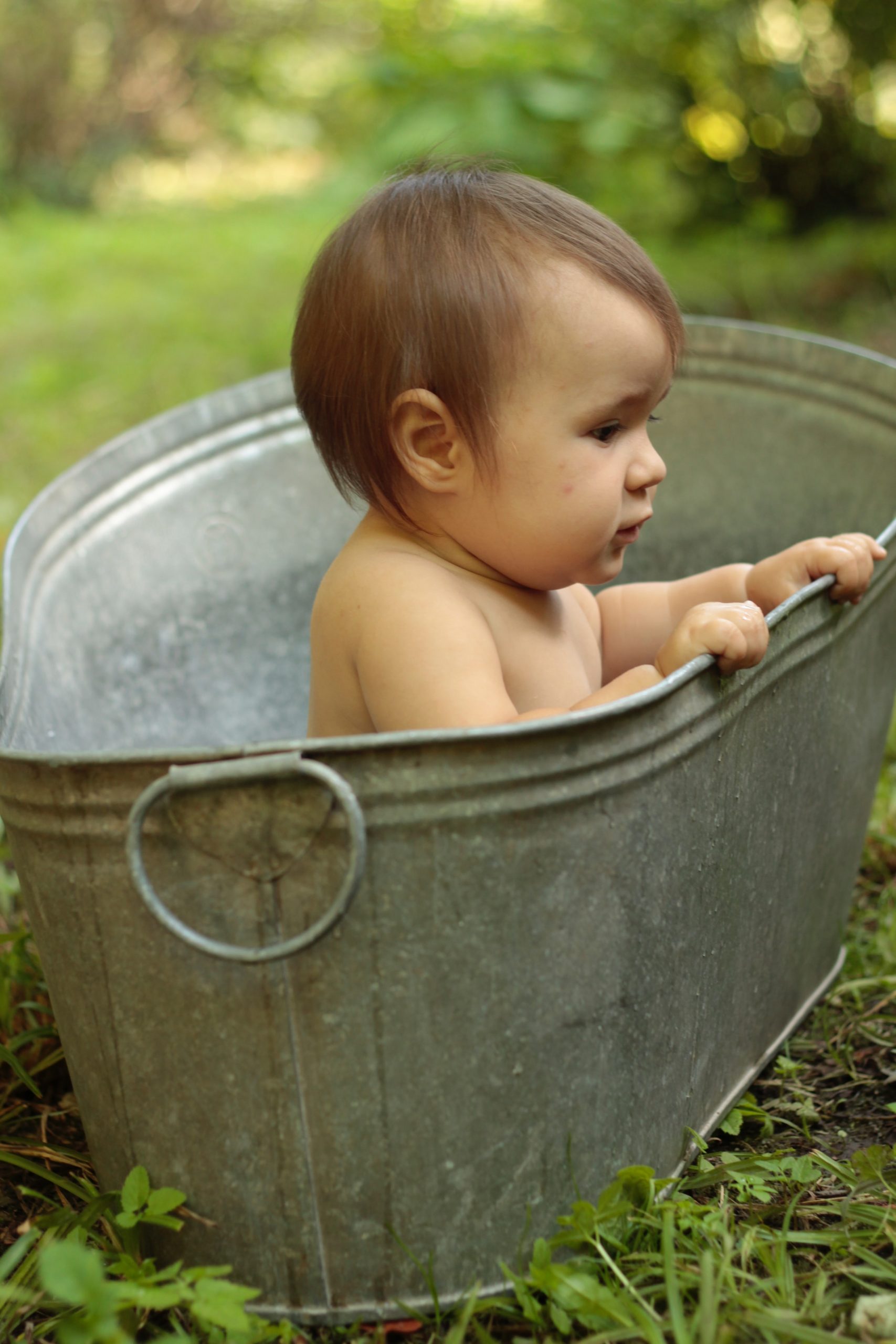
A warm neem water bath can help deal with chickenpox in babies.
Conclusion
Chickenpox in babies is contagious but it heals by itself after a week or so. During this time, it’s important to see that your baby gets the utmost rest, including sufficient hydration. Implement some of the home remedies mentioned above so that there is proper management of the symptoms. If you need help in keeping track of your child’s vaccinations, then you can also download the ImmunifyMe app. You can book online consultations with pediatricians around you and even store prescriptions too.
FAQs On Chickenpox In Babies
How Do I Know If My Baby Has Chickenpox?
You will come to know if your baby has chickenpox when you notice the following symptoms:
- Red, itchy, pimple-like boils filled with fluid start to appear
- Fatigue
- Drowsiness
- Inconsolable crying
- Fever
- Improper sleep patterns due to increased itching and pain
How Do You Treat Chickenpox In Babies?
Chickenpox in babies is easily treatable. Here are a few home remedies that’ll help you contain the spread:
- Give your baby a neem bath to kill bacteria
- Use calamine lotion to soothe the itching
- Prepare a soup of blended carrots and coriander leaves to boost immunity
- Allow your baby to take enough rest
Can Babies Use Calamine Lotion?
Calamine lotion is extremely effective and safe for babies to use. It helps to reduce the itchiness and cools the area on which it is applied. If your baby has a history of allergies, it’s better to consult your pediatrician first and get a second opinion.

